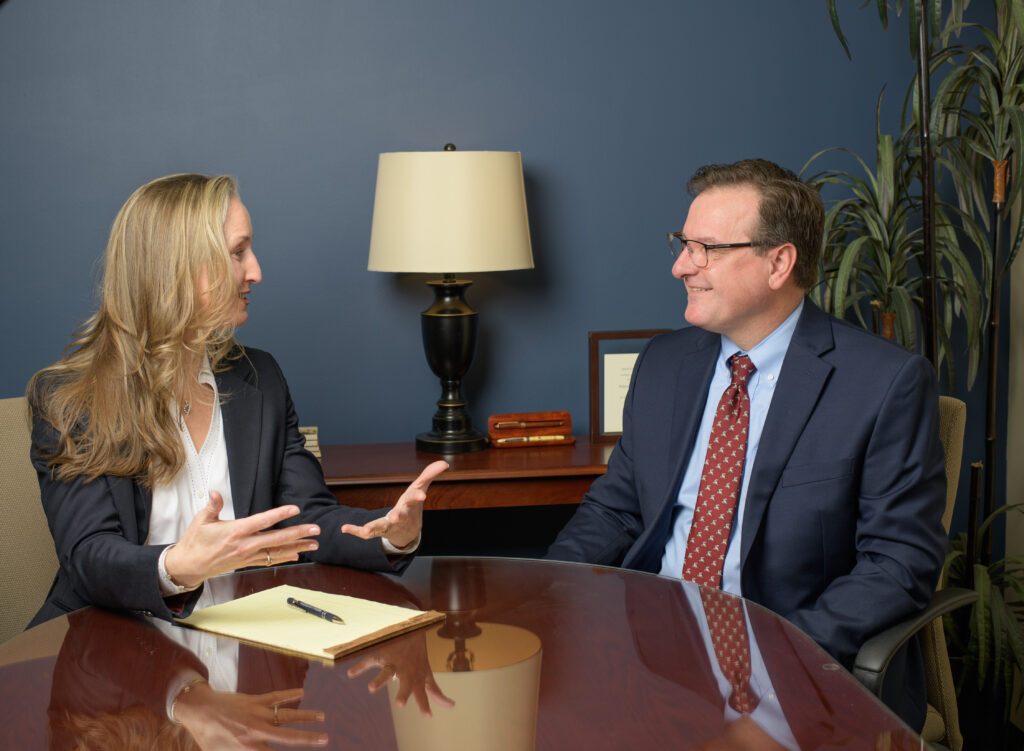FAQ's
Frequently Asked Questions
Planning for the future can feel overwhelming—but it doesn’t have to be. At Marshall Law Office, we’re here to make estate planning straightforward, personal, and stress-free. This FAQ page addresses the most common questions we receive, so you can feel confident and informed every step of the way.
Have more questions? Contact Marshall Law Office today to secure your family’s future with personalized estate planning solutions.

Getting Started
What information should I prepare before our first consultation? Before our initial meeting, consider your financial goals, family circumstances, and values you wish to preserve. Bring information about your assets, existing estate documents, and thoughts about who you’d like to name as trustees or beneficiaries. Most importantly, reflect on what “success” looks like for your family’s financial future.
How long does the trust planning process typically take? The process varies depending on the complexity of your estate and objectives, but typically ranges from several weeks to a few months. After our initial consultation, we’ll provide a customized timeline for designing, reviewing, and implementing your trust structure.
How do you charge for your trust planning services? We offer transparent fee structures that reflect the complexity and scope of your planning needs. During our initial consultation, we’ll discuss our fee arrangements in detail so you can make an informed decision about moving forward.
General Trust Planning
What is a trust structure and why might I need one? A trust structure is a legal arrangement that allows a third party (trustee) to hold and manage assets on behalf of beneficiaries according to specific terms. You might need one to protect assets, minimize taxes, avoid probate, provide for family members with special needs, or ensure your wealth is distributed according to your wishes.
How is a trust different from a will? While both are estate planning tools, trusts offer immediate asset protection and can operate during your lifetime. Trusts avoid probate, potentially offer tax advantages, and provide greater privacy and control over how and when your assets are distributed. Wills only take effect after death and go through public probate proceedings.
When is the right time to establish a trust? The ideal time to establish a trust is when you have accumulated significant assets, have specific wishes for how your wealth should benefit your family, or want to protect your assets from potential future risks. It’s never too early to begin planning, especially if you have young children or a growing estate.
Family Values and Wealth Transfer
How can a trust reflect my family’s values? We design trusts with provisions that align with your priorities—whether encouraging education by establishing funds for college, promoting charitable giving, incentivizing entrepreneurship, or supporting family members in ways that encourage self-sufficiency rather than dependency.
Can I create guidelines for how beneficiaries use inherited wealth? Yes. We can incorporate incentive provisions that encourage certain behaviors or achievements, establish age-based or milestone-based distributions, or create specific funds for education, home purchases, or business ventures while discouraging other uses.
How do I balance protecting my children financially while encouraging them to be self-reliant? We help clients establish trusts that provide meaningful financial security while incorporating structures that encourage personal responsibility. This might include matching funds for earned income, staged distributions at various life milestones, or education and business startup funds rather than unrestricted access.
Trust Administration
Who should serve as my trustee? The ideal trustee has financial acumen, understands your values and wishes, and can navigate family dynamics impartially. This might be a family member, trusted advisor, professional trustee, or a combination working together. We help you evaluate the best options for your situation.
What ongoing maintenance does a trust require? Trusts require proper funding (transferring assets into the trust), regular reviews to ensure they remain aligned with current laws and your objectives, and proper administration by the trustee. We provide guidance on establishing regular review schedules and proper administration procedures.
How flexible are trusts if my circumstances or wishes change? Depending on the type of trust established, there may be varying degrees of flexibility. We can incorporate provisions that allow for adaptability while maintaining the core benefits of your trust structure. Revocable trusts offer maximum flexibility during your lifetime, while even irrevocable trusts can include provisions allowing for certain changes.
Email Address
info@jmarshall-law.com
Phone Number
401-732-8070
Head Office
The Summit West, Suite 204
300 Centerville Road
Warwick, RI 02886